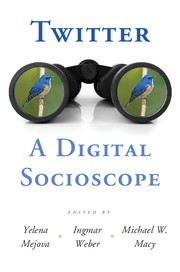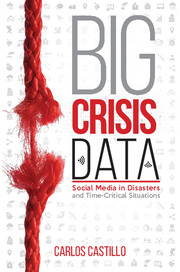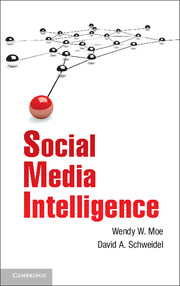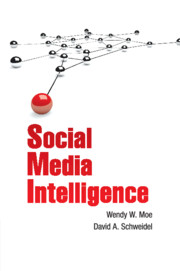Twitter: A Digital Socioscope
How can Twitter data be used to study individual-level human behavior and social interaction on a global scale? This book introduces readers to the methods, opportunities, and challenges of using Twitter data to analyze phenomena ranging from the number of people infected by the flu, to national elections, to tomorrow's stock prices. Each chapter, written by leading domain experts in clear and accessible language, takes the reader to the forefront of the newly emerging field of computational social science. An introductory chapter on Twitter data analysis provides an overview of key tools and skills, and gives pointers on how to get started, while the case studies demonstrate shortcomings, limitations, and pitfalls of Twitter data as well as its advantages. The book will be an excellent resource for social science students and researchers wanting to explore the use of online data.
- Features clearly written and technically accessible case studies on a wide range of important topics that are frequently featured in the popular press
- Provides a balanced assessment of the advantages and disadvantages of using Twitter to make predictions and analyze data
Product details
May 2015Paperback
9781107500075
183 pages
230 × 153 × 10 mm
0.28kg
53 b/w illus. 4 tables
Available
Table of Contents
- Introduction: opportunities and challenges for online social research Michael Macy and Scott Golder
- 1. Analyzing Twitter data Shamanth Kumar, Fred Morstatter and Huan Liu
- 2. Political opinion Daniel Gayo Avello
- 3. Socio-economic indicators Huina Mao
- 4. Hyperlocal happiness Daniele Quercia
- 5. Public health Patty Kostkova
- 6. Disaster monitoring Bella Robinson, Robert Power and Mark Cameron.






